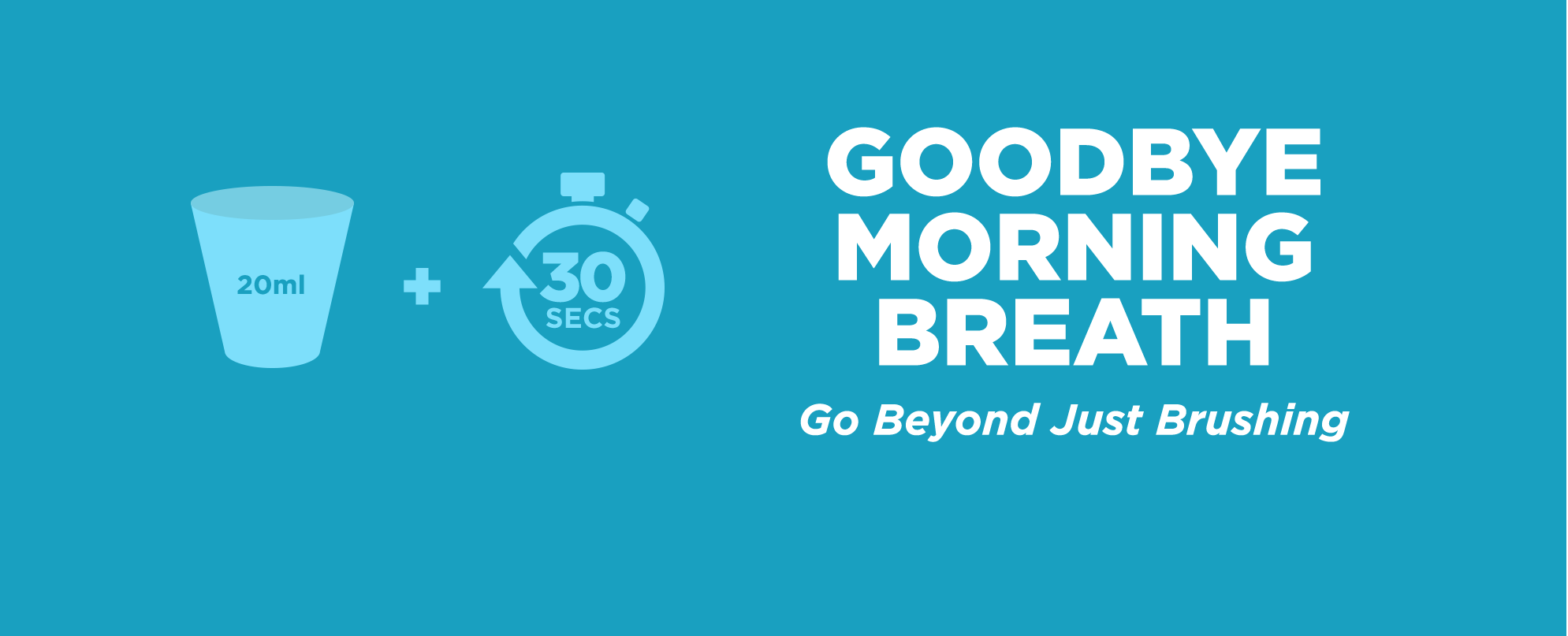CARING FOR WISDOM TEETH & KEEPING THEM CLEAN
“Wisdom teeth” is the 3rd and final set of molars to erupt in the mouth. Depending on the person, they may erupt as early as age 14 and continue developing as late as age 30. This expanded time frame of tooth development and eruption can make it a difficult decision for people who are trying to decide whether or not to keep their wisdom teeth. Most dentists will recommend removing them proactively if the patient is susceptible to crowding, impaction, or infection of the area. However, many people continue to have their wisdom teeth erupt without any symptoms or problems whatsoever.
Why keeping wisdom teeth clean takes diligent effort
You can’t take care of your wisdom teeth the way you do with other teeth in your mouth. Their location and position in the gum tissue often makes these teeth predisposed to:
- Impacted food
- Gum disease and periodontal pocket formation
- Bone loss
- Abscesses
- Cavities
- Impacted or partially erupted teeth
Even with perfect brushing and flossing, your wisdom teeth can still be susceptible to conditions like these because the teeth are so difficult to reach, or because they may only be partially erupted into the mouth. Traditional brushing and flossing is not always adequate when it comes to keeping the actual wisdom tooth or the tissues around it healthy. That’s because bacteria and food debris often finds its way under the gum tissues where brushing or flossing does not reach. If you have poor oral hygiene or use tobacco products, you are more likely to develop problems like cavities around your wisdom teeth.
» How to take care of your teeth and gums
» The best way to floss your teeth
How to clean around your wisdom teeth
Cleaning around your 3rd molars can be done, but it takes additional oral hygiene aids than what some people might use on a regular basis. Brushing along the gumlines is important to stimulate the tissues as well as to remove soft debris that is collecting at the gum margin. Flossing below the gumlines on either side of the tooth will also disrupt plaque formation. Unfortunately these methods are still limited when gum pockets are present, or the tooth is only partially erupted.
Using an antimicrobial mouth rinse can help target bacteria in areas that might not be accessible with flossing. Studies show that the use of mouth rinses that contain essential oils can help limit the amount of destructive bacteria in the mouth. Essential oil rinses also limit the odorous bacteria that are often found in areas of the mouth such as wisdom teeth, where oral hygiene is more difficult to perform. The use of irrigation devices such as water flossers are also effective when targeting areas that are inaccessible by brushing or flossing.
Seeing your dentist regularly is an important part of keeping your wisdom teeth healthy, as people who have fewer routine dental cleanings are more likely to suffer from diseased 3rd molars which result in the need to have those teeth extracted later on.
» Why you should have regular dental check-ups
» Find a mouthwash to keep your teeth healthy and fresh



